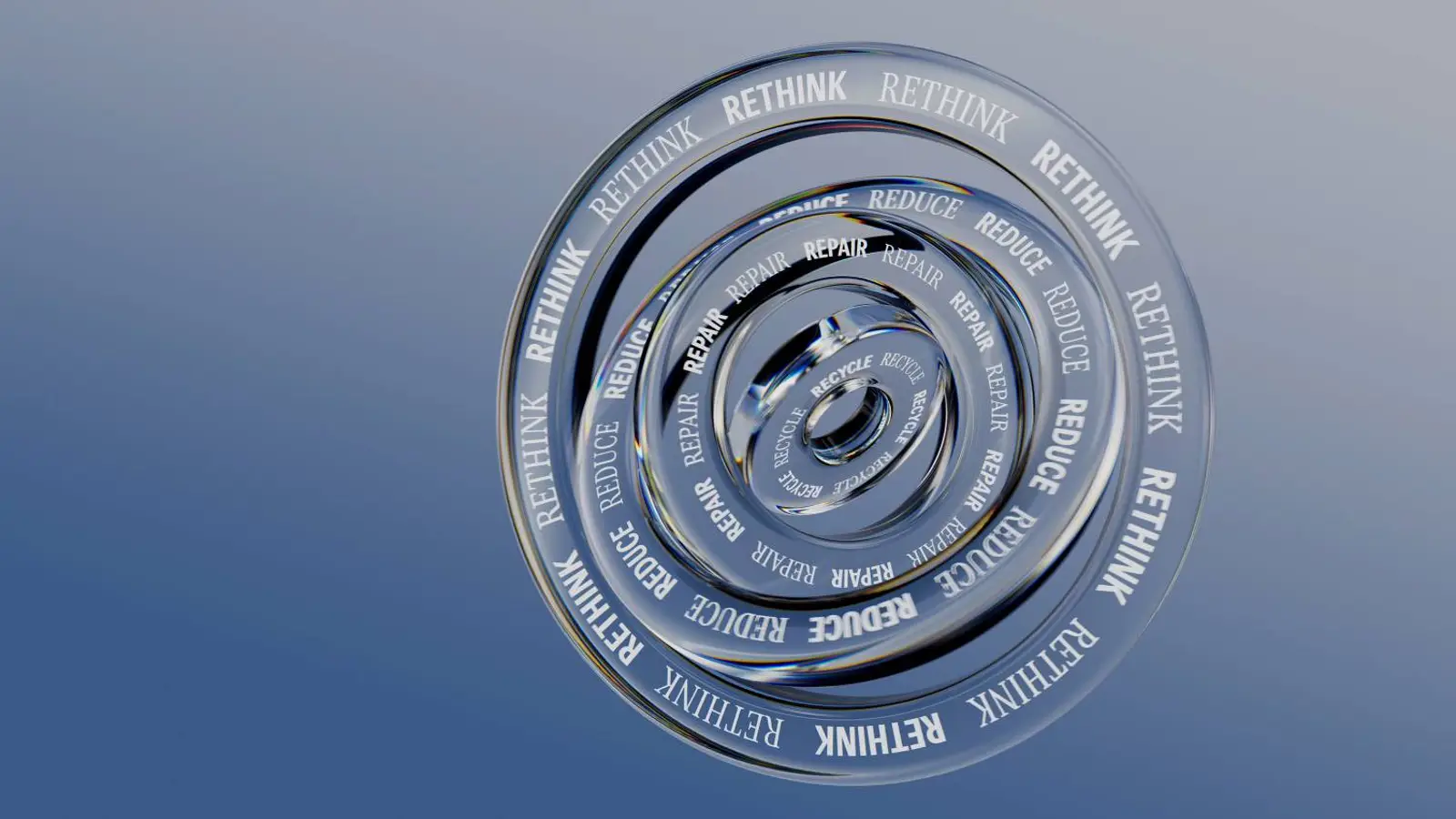Mercedes-Benz and TSR launch urban mining project for end-of-life cars

Mercedes-Benz and TSR opened Germany’s first urban mining site for end-of-life vehicles, aiming to recover steel, aluminum, plastics and more to support Ambition 2039.
Mercedes-Benz, in partnership with recycling specialist TSR, has launched an “urban mining” pilot project designed to return valuable materials from end-of-life vehicles back into production. The first collection and dismantling site was opened in Lünen, in northwest Germany. Cars of any make will be accepted, with hazardous substances and useful components removed before the remaining materials are processed.
TSR applies an innovative sorting and recycling technology that recovers steel, aluminum, plastics, copper and glass. These materials are not simply downcycled but reintegrated into the supply chain, helping Mercedes-Benz reduce its reliance on primary raw materials and cut its carbon footprint.
The initiative is closely linked to Ambition 2039, the company’s program aimed at achieving a net carbon-neutral new vehicle fleet by 2039. Within the next decade, Mercedes-Benz plans to raise the share of secondary materials in its models to around 40%. The goal is to maintain material quality while closing loops across the industrial cycle.
This project emerges at a time when European regulations are tightening. In June 2025, the EU Council adopted its position on a new regulation governing end-of-life vehicles, setting mandatory quotas for recycled plastics in new cars and preparing the ground for future targets on steel and aluminum. In Germany, the Altfahrzeug-Verordnung sets recycling quotas and is monitored annually by the Ministry for the Environment.
Although Mercedes-Benz has not disclosed financial figures for the pilot, industry data show the clear advantages of recycled materials. Secondary aluminum requires about 95% less energy compared to primary production, while recycled steel can reduce emissions by up to one ton of CO₂ per ton of material, depending on the process and energy mix.
Internationally, other manufacturers are moving in the same direction. Renault has developed its Refactory network in France and Spain, Stellantis has opened its Circular Economy Hub in Turin, and Volkswagen is experimenting with plastic recovery from old cars. Against this backdrop, the Mercedes-Benz–TSR collaboration fits naturally into Europe’s broader push for circular industrial cycles.
The pilot is just the beginning. No public details have yet been released about additional collection sites or the specific models that will first incorporate the recovered materials. Still, the opening of the site and the creation of a direct loop from “car to recycling to new car” signal that Mercedes-Benz is committing to a practice that could reshape the future of the automotive industry.
Mark Havelin
2025, Aug 22 10:19


